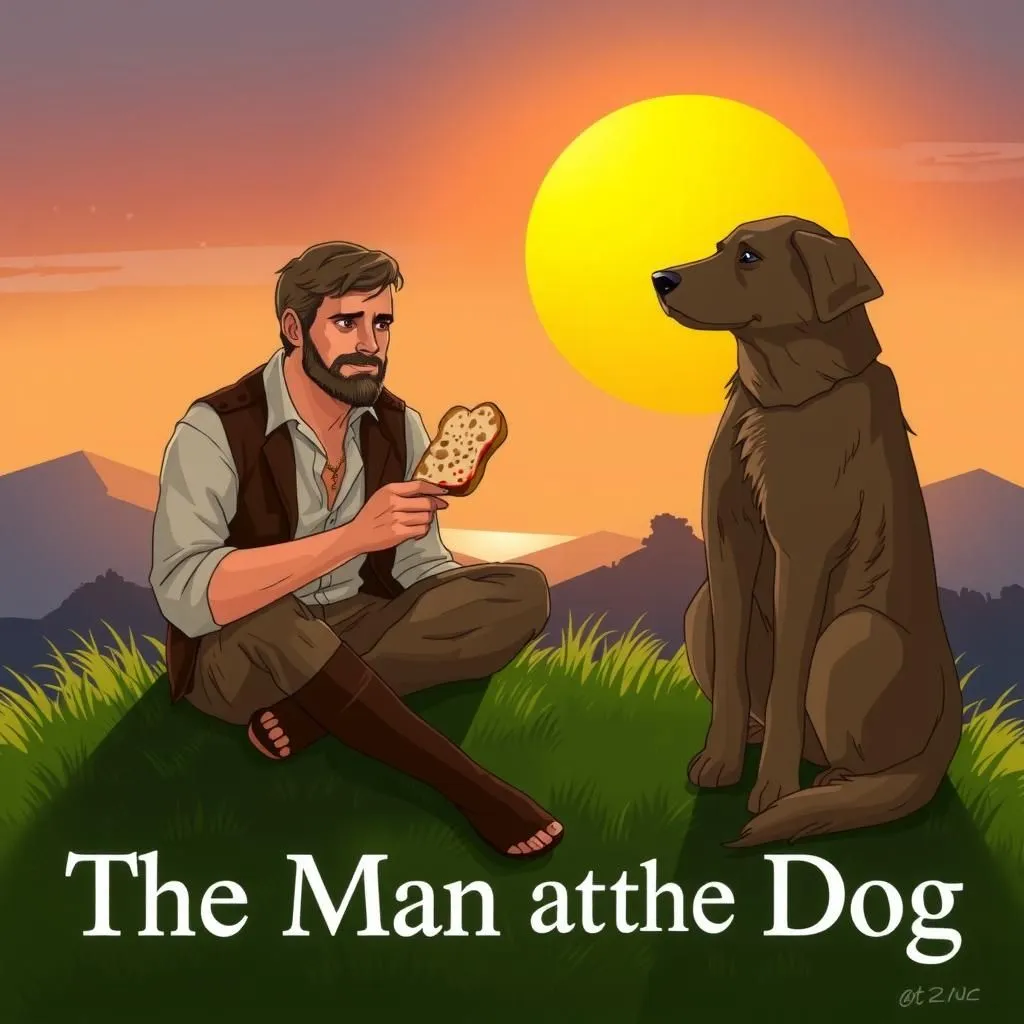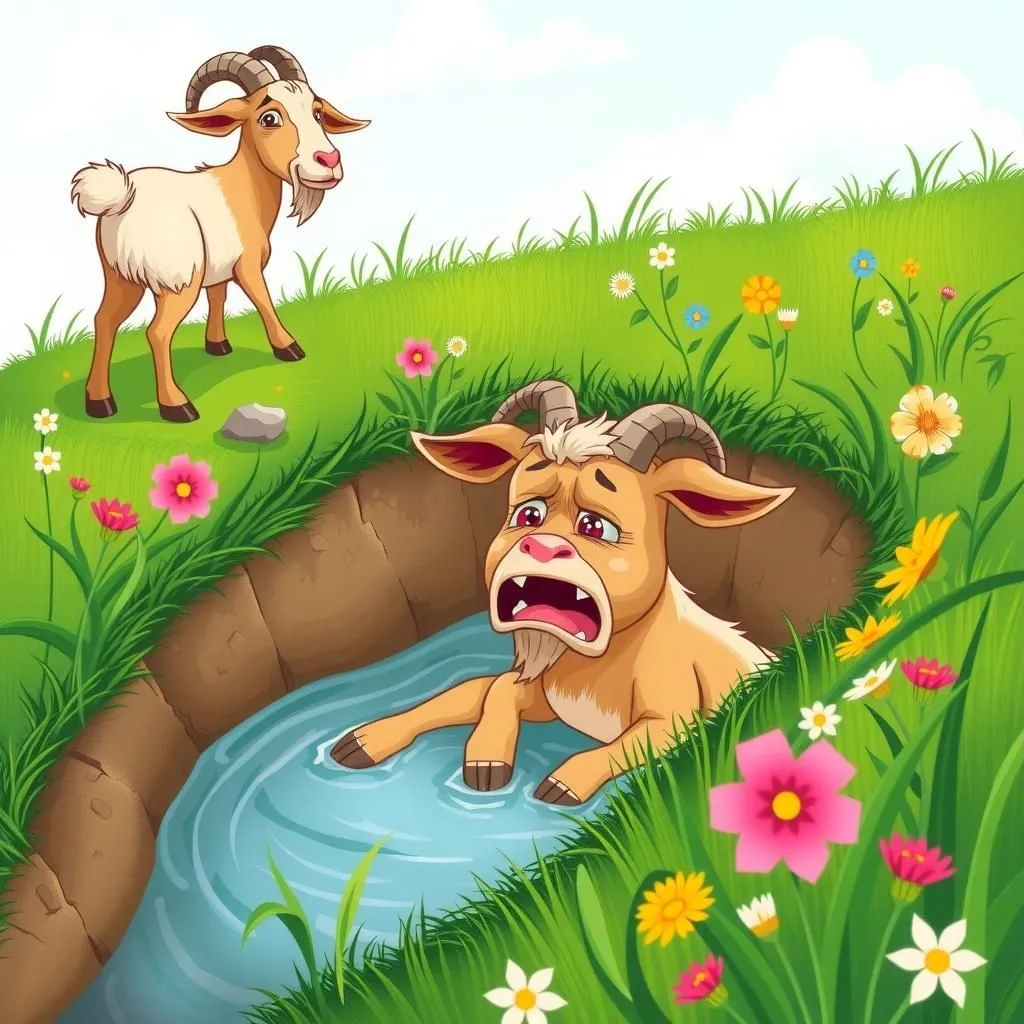
The Gamecocks and the Partridge
In this fable story with moral, a man introduces a tame Partridge to his two aggressive Gamecocks, who initially distress the newcomer with their hostility. However, upon witnessing the Gamecocks fighting each other, the Partridge realizes that their aggression is not personal, leading to a valuable lesson about not taking others' actions to heart. This short moral story highlights the importance of understanding that conflicts often stem from nature rather than individual intent.


